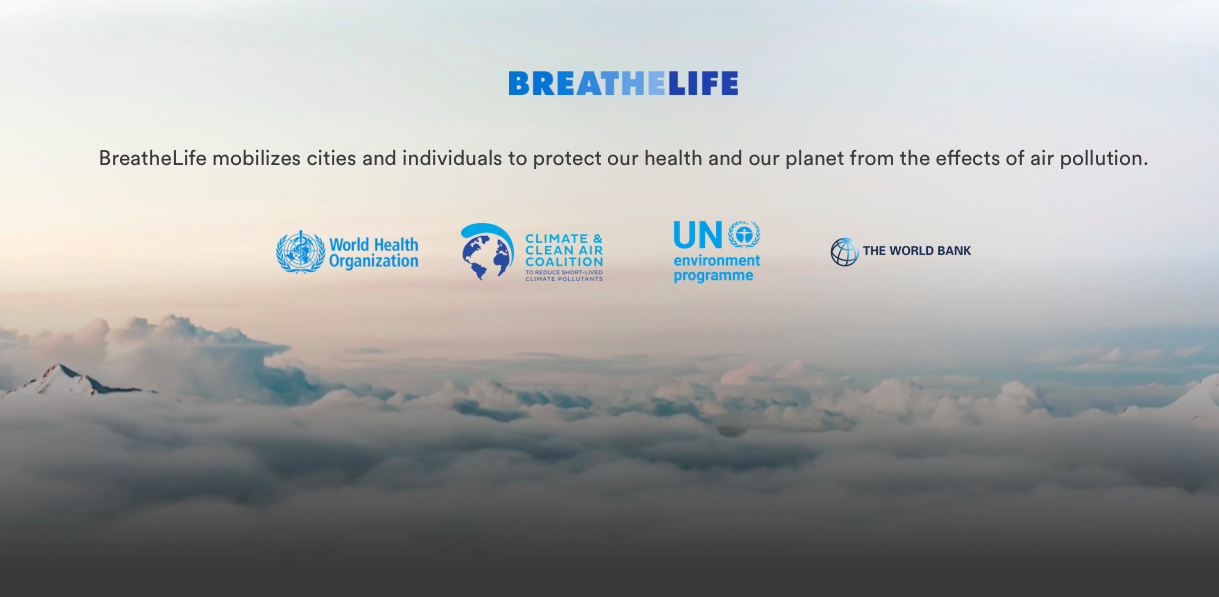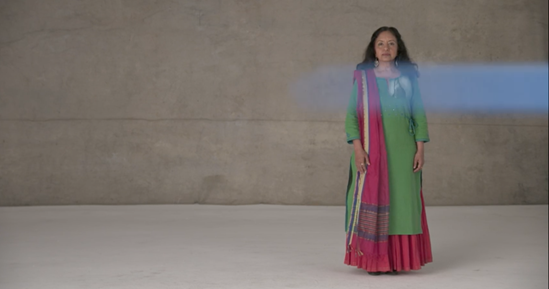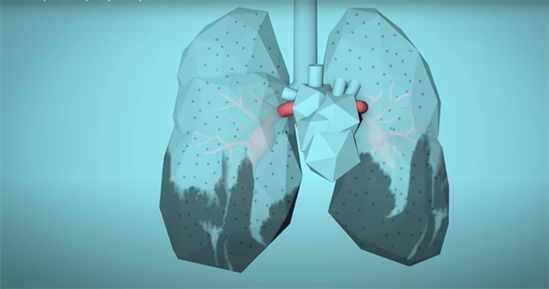![]()
Module 6: Communication and Awareness Raising
Achieving adoption and sustained use of clean household energy requires widespread knowledge and awareness of clean energy options and their benefits. It is important that these messages reach all members of society, from stakeholders who play a role in designing and implementing clean household energy programs, to healthcare workers who can promote clean energy use among their patients, to community members who can benefit from clean energy adoption.
This module offers guidance on how best to communicate and raise awareness about the health and livelihood impacts of household energy among key audiences (including key stakeholders, the general public, health professionals, etc.). It also includes tools for planning campaigns to raise awareness about the benefits of clean household air and generate community-based demand for solutions. Communication materials to educate the public about the health and livelihood risks associated with household energy use are also included.

Tools and templates included in this module:
Training Videos on CHEST
Videos on Household Energy and Air Pollution
Additional Resources
The kit includes six modules with practical tools and resources to help countries implement the recommendations inthe WHO Guidelines for Indoor Air Quality...
WHO global air quality guidelines: particulate matter (PM2.5 and PM10), ozone, nitrogen dioxide, sulfur...
Clean air is fundamental to health. Compared to 15 years ago, when the previous edition of these guidelines was published, there is now a much stronger...
The Benefits of Action to Reduce Household Air Pollution (BAR-HAP) tool can be used to compare the costs and benefits of different interventions to...
WHO Guidelines for indoor air quality: Household fuel combustion
In 2014, WHO issued the first-ever health-based guidelines on clean fuels and technologies for household cooking, heating and lighting. These guidelines...
The WHO Household Energy Assessment Rapid Tool (HEART) helps policy makers and program implementers evaluate the household energy situation in their country...
Brief: Household energy policy repository
The World Health Organization (WHO)’s Household Energy Policy Repository is an online clearinghouse for policies, regulations and legislation affecting...
















